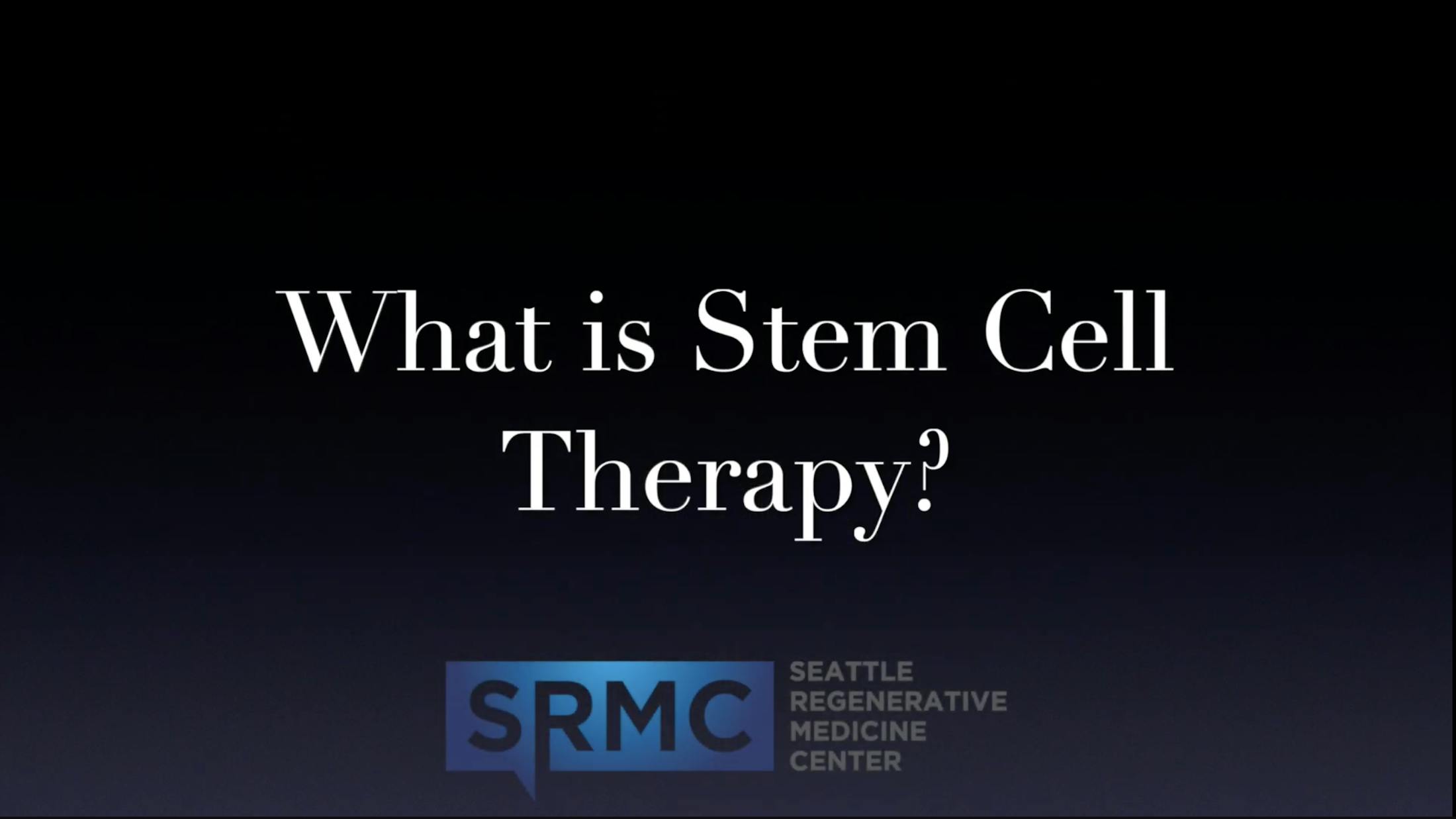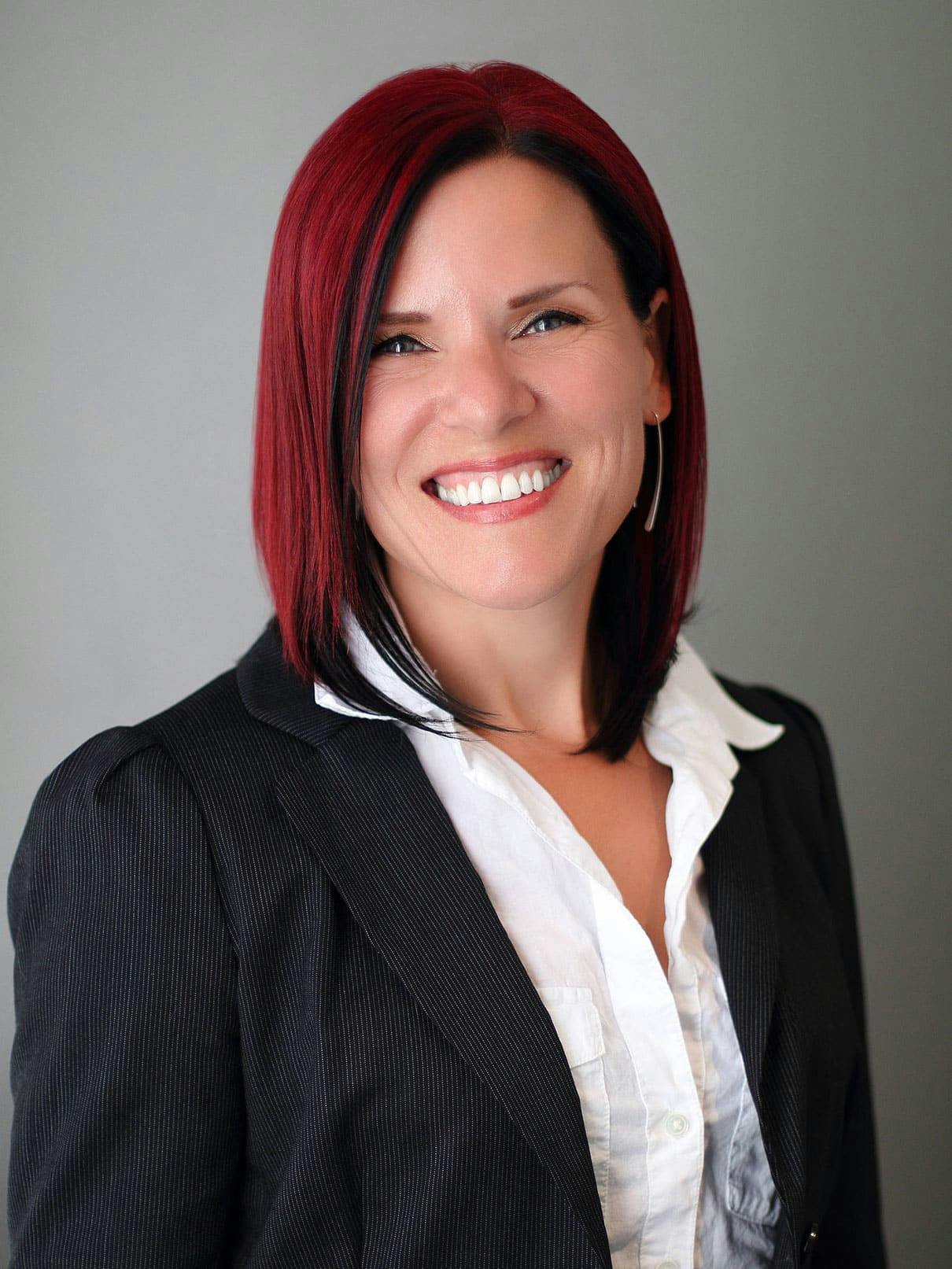Experience the cutting edge of healing with stem cell therapy in Seattle at Seattle Regenerative Medicine Center. This innovative treatment harnesses your body’s natural cellular repair mechanisms to reduce inflammation, restore damaged tissues, and accelerate recovery—without surgery or long downtimes. Whether you're struggling with joint pain, orthopedic injuries, or chronic inflammation, our personalized stem cell protocols are designed to improve function and enhance long-term wellness.
Regenerative medicine and joint preservation
Dr. Hostetter moved to Seattle and has worked hard to become an expert in regenerative cell therapy and joint preservation. She believes in the ability of regenerative medicine to restore orthopedic function, improve mental and emotional well-being, and relieve pain, all without relying on opioid drugs.











